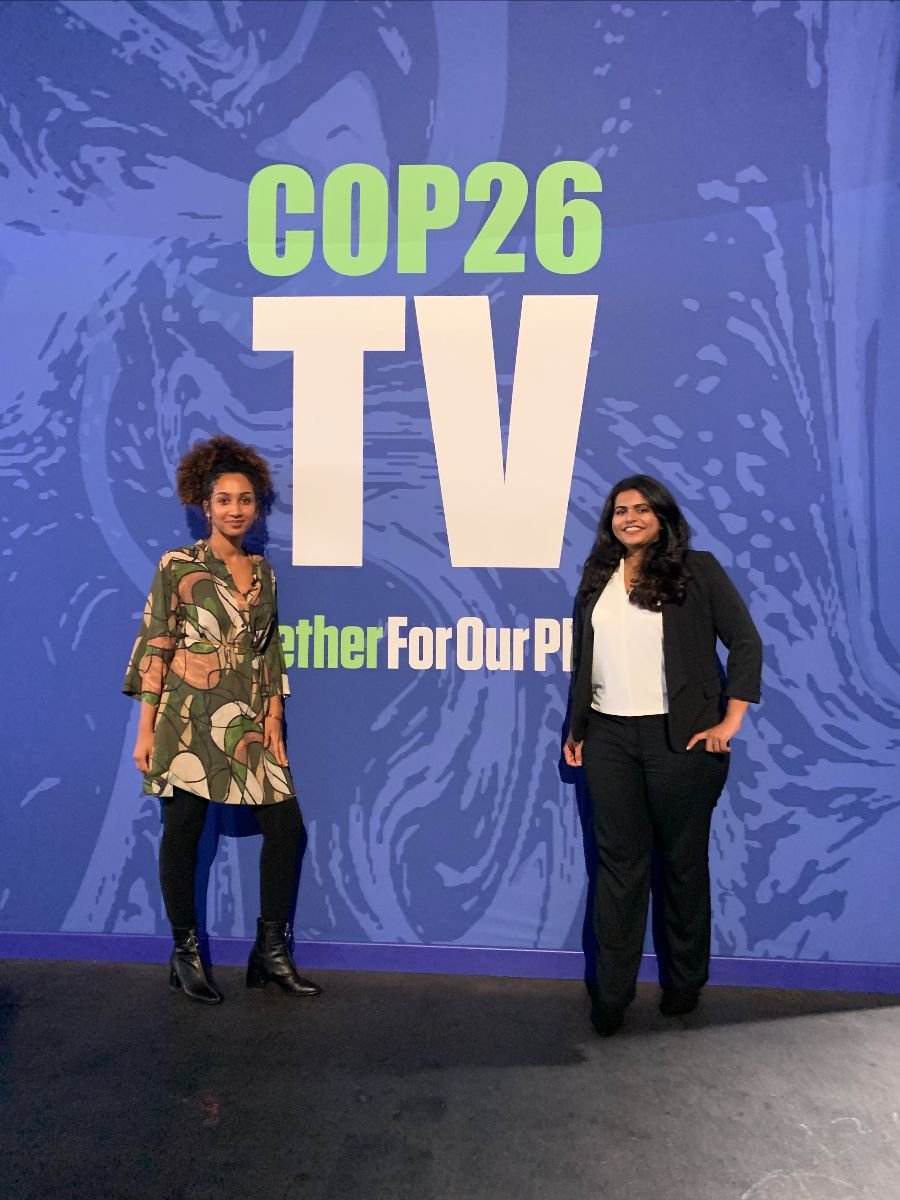CHN Members work to raise the profile of Climate Change at Mondiacult 2022
The UNESCO World Conference on Cultural Policies and Sustainable Development, known as MONDIACULT 2022, opens on 28 September in Mexico City, Mexico. The Conference, which brings together national Ministers of Culture from around the world, is meant to be ‘a renewed reflection on cultural policies to tackle global challenges and outline immediate and future priorities.’
The Climate Heritage Network believes that climate change and biodiversity loss are defining challenges of our time, requiring an ambitious and comprehensive treatment in cultural policy commensurate with the magnitude of the climate emergency itself. We believe the opportunity presented by MONDIACULT 2022 to advance these aims must not be missed.
These conclusions and the CHN's proposals for making cultural policy fit for purpose in the climate change era build upon a debate entitled "Cultural infrastructures as Drivers of people-centered climate action" that was held in March 2022 as part of the Resiliart process set up by UNESCO to provide inputs into Mondiacult.
Improving the treatment of climate change in cultural policy is important for many reasons. First, it will improve the efficacy of cultural policies themselves (and climate policy as well). Second, it helps local arts, cultural, and heritage voices working on climate change, who would enjoy better funding, access, and support if cultural policies more fully valorised and priorised their work. It also sends a single to other sectors and to the public of the priority placed on tackling climate change by cultural institutions.
Read on to learn about the work of CHN Members to raise the profile of climate change at Mondiacult and in cultural policy and how you can connect with those efforts.
29 September Public Mondiacult Event Looks at Climate Change and Cultural Policies
Which cultural policies are part of the solution to climate change and which are just more business as usual? We'll address these questions and more at the session 'Responding to the climate emergency: new imperatives for cultural policy' livestreamed from Mondiacult2022 in Mexico City on 29 September at 2pm CDMX (3pm EDT, 9pm CEST).
A growing consensus holds that culture and heritage are at risk from climate impacts but also assets to climate action. And yet there is still little consensus as to what the key goals of culture-climate policy should be or how best to achieve them – especially at scales commensurate with the urgency and scope of the climate crisis.
This session seeks to advance understanding of how cultural policies can best help tackle these global challenges, and to build consensus as to priorities, taking account of the fact that culture is part of the response to climate change but also one of the causes.
Speakers include:
Gabriel Caballero, ICOMOS Focal Point for the SDGs
Prof. Gauri Ivette Garcia Medina, City of Morelia, Mexico
Dr Francesca Giliberto, PRAXIS: Arts and Humanities for Global Development
Dr Cornelius Holtorf, UNESCO Chair on Heritage Futures, School of Cultural Sciences, Linnaeus University
Shanon Miller, Office of History Preservation, City of San Antonio, Texas; CHN Co-Chair for North America
Claire McGuire, International Federation of Library Associations and Institutions
Jordi Pascual, UCLG Culture Committee
Julianne Polanco, California Office of Historic Preservation
Prof. Dr. Mario Santana Quintero, Secretary General, ICOMOS
Katherine Turvey, International Council of Museums
Ms Barbara Wolfensberger, Director-General for Culture and Media at the Dutch Ministry of Education, Culture and Science
This event is free, open to the public and is provided in Spanish and English.
CHN Members Work for an Ambitious Outcome at Mondiacult 2022
Los líderes de #PatrimonioClimatico enviaron una carta abierta a los Ministros de Cultura instándolos a usar la Declaración #Mondiacult2022 que adoptarán en México para establecer una visión de cómo la política cultural puede impulsar la acción climática.
Members of the Climate Heritage Network have written an open letter to the Ministers of Culture of UNESCO member and observer States expressing their deep concern that the institutional framework of cultural policy, with UNESCO at its core, must do more to provide the guidance, leadership, and decisions required to unlock the power of culture, from arts to heritage, to enable transformative climate action. 'We write to express our strong conviction that the opportunity presented by MONDIACULT 2022 to advance these aims must not be missed,' they stressed.
Ministers of Culture from around the world will gather next week at the UNESCO World Conference on Cultural Policies and Sustainable Development, MONDIACULT 2022. The meeting is expected to produce a final ministerial declaration on cultural policies and sustainable development.
The letter shares the sentiment of UN Secretary General Antonio Guterres that current climate leadership is failing. It then offers a bold solution: what is missing from climate action is attention to culture and heritage, and to the socio-cultural enabling conditions of transformative climate action. 'This is a problem,' the letter says, 'that you as Ministers of Culture are uniquely qualified to help solve.'
To advance this aim, the letter urges the Ministers to include in the final Mondiacult Declaration an ambitious vision for how cultural policy can help people imagine and realise low carbon, just, climate resilient futures; and achieve climate resilient sustainable development.
All CHN members and supporters are encouraged to review the letter and discuss the issues it raises with the cultural officials with whom they work.
Climate Heritage Network - Who We Are
Advocates created the CHN to have a place to connect, learn, exchange, and coordinate. Across the pages of the Annual Report, meet the NGOs, cultural institutions, universities, businesses, and public bodies that make up the CHN. You'll also be introduced to hundreds of their members and staff, colleagues who kept on acting on climate and sharing their efforts via the CHN network, despite a COVID-19 pandemic that sorely challenged the capacity of many to do culture-based climate programming.
(Photo: CHN COP26 delegate Rosie Paul (Masons Ink, India) introducing COP26TV viewers to #ClimateHeritage)



